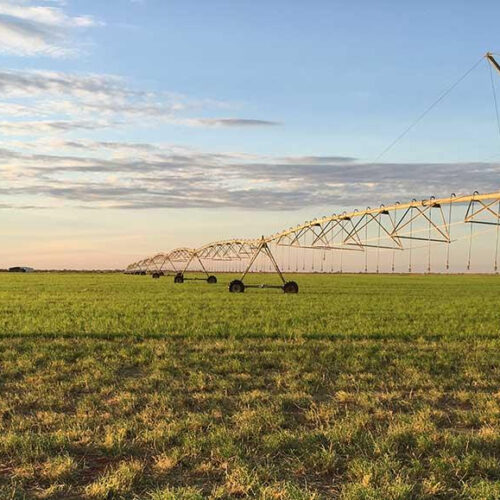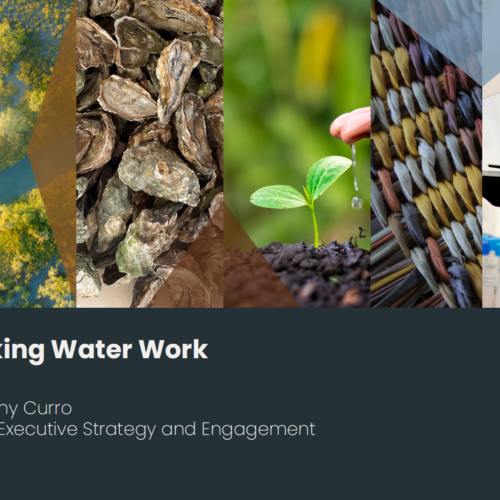
- Reference # A.7.2122008
- Project Status Current
- Timeframe 2 years (2022 - Dec 2024)
- Project manager Anthony Curro
- CRCNA Funding $120,000
- Total project value $171,125
- Project research participant Central Queensland University; 4T Consulting
- Project research co-funder Queensland Government, Dept of Agriculture and Fisheries (DAF)
- Research Programs 2. New and developing industries in Northern Australia
- Location Rookwood Weir, Rockhampton Fitzroy Basin region
- Water: Making Water Work program
- Water
Summary
The construction of Rookwood Weir on the Fitzroy River is expected to deliver up to 72,000ML of water, with approximately half of this allocated to agricultural use. The new water supplies are in addition to the existing water storages at the Fitzroy River Barrage and Eden Bann Weir, as well as allocations of unsupplemented water. However, the system is complex because of three separate water ownership structures (Queensland Government, Sunwater and Rockhampton Regional Council), little transparency about how private water sales can be effected, and no formal or informal networks among irrigators to advance their interests.
There is currently limited potential for efficiency in management as the irrigation sector develops in the lower Fitzroy because there is no unified group to represent irrigator interests. There is also limited potential for water to be transferred to highest value use through market transactions because of the three pools of ownership and limited market structures. Strong water governance arrangements require the design and implementation of strategies to ensure water use is effective, efficient and inclusive. This research will address three core problems and issues:
- Lack of involvement of irrigators in deciding how systems should be managed. This will be addressed by working with landholders to form a relevant network or organization and using that to address key issues in systems management
- Improved coordination between the three entities (four if Gladstone Area Water Board is also included), potentially through mechanisms such as improved coordination, complementary systems, or establishment of a single operating system
- Improved market trading mechanisms for water that address deficiencies in market information, platform access and consistencies between ownership structures.
Expected outcomes
A core focus of this project will be to identify the processes needed to improve cooperation and coordination between players in the developing irrigation sector, so as to improve the efficiency of water allocations and water use in the region. The project will have three major impacts:
- Developing common interests and approaches to key management and policy issues by irrigators. An important objective of this project will be to support the development of some form of an irrigators network and to develop some consistency and commonality in irrigator interests.
- Change the governance arrangements of the major water entities to a more cooperative framework. This could take different forms, from better alignment of parallel management systems to the creation of a new pooled entity. Irrespective of the mechanism chosen, the outcome should be an improved governance structure that emphasises cooperation and commonality.
- Improve the water allocation process and generate new efficiencies in the way that water is used. This may involve more sophisticated water market mechanisms than what currently exist. Key outcomes should include improve utilisation of water, greater transfer of water to higher value interests and crops, and greater access to supplies for new investors and entrants to the market.
- Impact will be captured via baseline metrics taken during preliminary engagement on irrigator sector involvement, coordination, and water utilisation. These will be re-assessed and quantified in the final progress report.
Publications
24 October 2024
Agricultural Leaders: CRCNA presentation Making Water Work program
Type: Presentations
Industry: Water: Making Water Work program, Water


